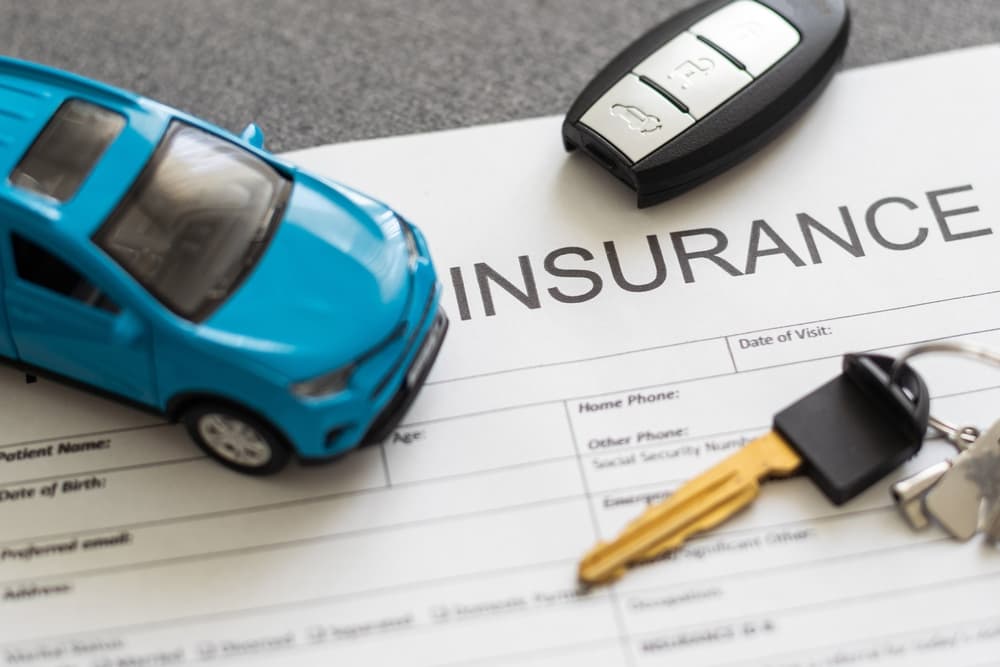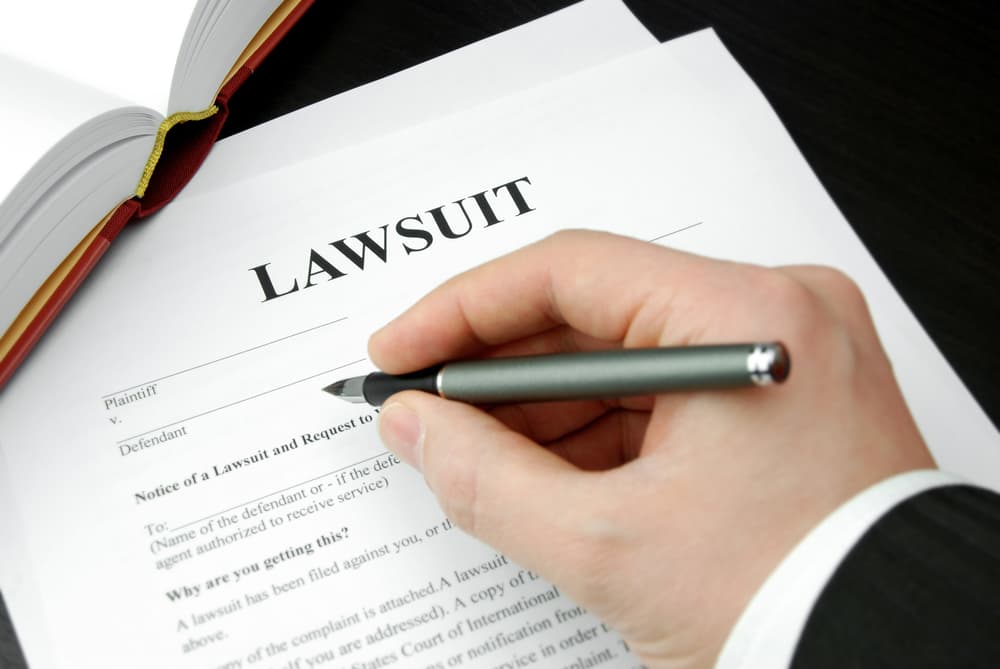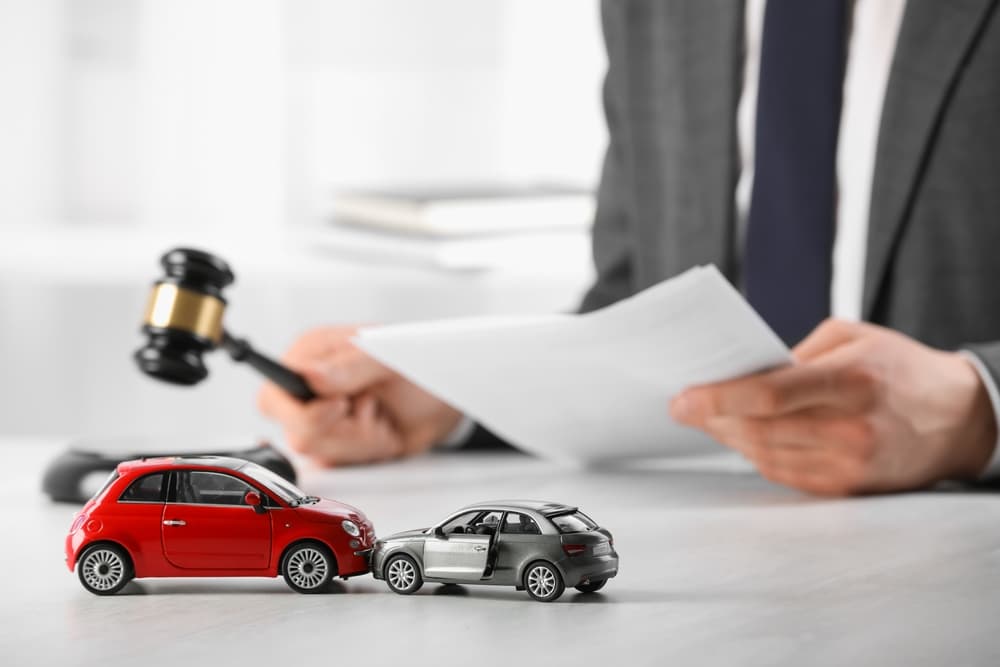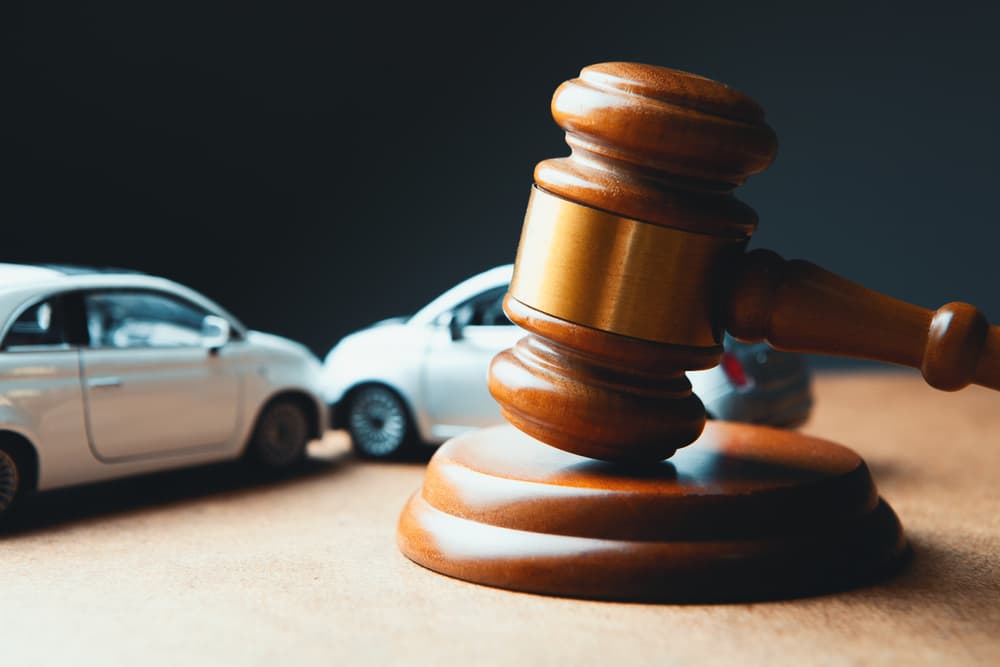When someone runs a red light and slams into your car, the last thing you want to hear is, “I don’t have insurance.” If you’re in that position, you might be asking yourself, Is it worth suing an uninsured driver? That question doesn’t have a simple yes or no answer. The truth depends on a few key factors, like what kind of insurance you have, what losses you suffered, and whether the at-fault driver has anything to lose.
Read on to learn about the impact of accidents with uninsured drivers and the legal options you may have available. If you’ve been through something like this, you don’t have to figure everything out alone. An experienced car accident lawyer can evaluate your situation and help you understand what kind of financial recovery is possible. A free consultation might be the best next step.
The Problem of Uninsured Drivers in Chicago

In Chicago, car accidents are an everyday reality. Add uninsured drivers into the mix, and things get even messier. Most states require all drivers to carry liability insurance, but not everyone follows the rules. According to estimates, about 14% of drivers in the U.S. are uninsured. That’s roughly one in eight vehicles you pass on the road.
Some drivers skip insurance because they think they won’t get caught. Others let policies lapse due to financial stress. Either way, if someone like that causes a crash, the consequences fall on you.
The Financial and Emotional Toll of Accidents with Uninsured Drivers
When an uninsured driver causes a wreck, the bills don’t take a break. You might deal with ambulance fees, emergency room costs, lost work hours, car repairs, and more. Meanwhile, you're trying to make decisions under stress, possibly while in pain.
The frustration of dealing with someone who broke the law and can’t, or won’t, cover the damage makes things worse. Even if you’re not seriously injured, the hassle and disruption to your life can wear you down.
What Happens When You're Hit By an Uninsured Driver?
Getting hit by another driver is bad enough. But when that driver doesn’t have insurance, the situation becomes even harder. You may expect someone else to cover your bills after a crash, but now you're left wondering who's going to pay. Here's what typically happens after an uninsured driver causes a collision and what you can do about it.
Immediate Steps to Take After an Accident
Right after the crash, your first job is to stay safe. Call 911 to report the accident and ask for help. Get medical care right away, even if injuries seem minor. A police officer will come to the scene, and that report may be one of your most important tools later.
Try to take photos of the damage, license plates, the crash scene, and any injuries. Get names and contact details of witnesses if anyone saw what happened. Exchange information with the other driver. If they don’t have insurance, make sure to note that or get a copy of any expired insurance cards they try to hand over.
How to Determine if the Other Driver Is Uninsured
Sometimes, the driver will tell you they’re uninsured. Other times, they may claim they have coverage when they don’t. Police can often verify insurance status at the scene through their system. Later, your insurance company can confirm whether the other driver had valid coverage at the time of the crash. If you're not sure, file a claim anyway. Your insurance company will investigate and notify you once they know.
Initial Challenges Victims Face
Without insurance from the at-fault driver, there's no automatic source of payment for your damages. That leaves you relying on your own insurance or paying out of pocket. Some victims delay care or repairs while trying to figure out how to pay, which can make injuries worse and lead to extra costs. Others feel stuck, unsure of their legal rights or financial options.
The Gap Between Medical Costs and Available Coverage
Even a short ambulance ride or emergency room visit can cost thousands. Add in follow-up visits, X-rays, prescriptions, and time off work, and the costs grow fast. If you don't have coverage through your own auto policy or health insurance, those bills can pile up. That gap between your needs and what’s actually covered often forces people to consider suing the uninsured driver.
Psychological Impact of Dealing with an Uninsured Driver Situation
Accidents don’t just leave bruises; they can leave lasting stress. Discovering the other driver broke the law and left you to deal with the fallout adds insult to injury. Victims often feel angry, frustrated, and anxious about the future. The sense that someone caused harm and isn’t being held responsible can linger long after the physical injuries heal. These emotional effects can influence decisions and make the recovery process even more difficult.
What Are Your Coverage Options Before Considering a Lawsuit?

Before heading to court, review your own insurance policy. You might have more options than you think.
Uninsured Motorist Coverage (UM)
This coverage helps pay for injuries when the at-fault driver doesn’t have liability insurance. Illinois requires insurance companies to offer UM coverage, and most policies include it unless you specifically rejected it in writing.
Personal Injury Protection (PIP)
PIP helps cover medical bills and some lost wages, regardless of fault. Illinois doesn't require PIP, but some drivers choose to add it to their policy. It’s helpful for immediate expenses after an accident.
Medical Payments Coverage
Also known as MedPay, this option helps with hospital and doctor bills. It usually covers smaller amounts, up to $10,000, but can provide breathing room while other claims are sorted out.
Health Insurance Considerations
Your regular health insurance can step in to cover treatment, but deductibles and co-pays still apply. Some providers may expect reimbursement if you later receive a settlement or judgment.
Collision Coverage for Vehicle Damage
Collision coverage repairs or replaces your car after an accident, no matter who caused it. You’ll pay a deductible, but you won’t have to chase the other driver for damages.
Is Suing an Uninsured Driver Actually Worth It?
Suing sounds like a logical next step, but it's not always the best path. Here’s how to tell when it might work and when it probably won’t.
Substantial Personal Assets
If the uninsured driver owns valuable property, a successful lawsuit could result in wage garnishment, property liens, or forced asset sales.
Serious Injuries or Damages Exceed Coverage
When your own insurance doesn't cover your losses, suing may help you recover the difference if the driver has assets.
Multiple Liable Parties
More than one party might be responsible. For example, if the uninsured driver borrowed a car or was working at the time of the crash, others may share liability.
Potential for Wage Garnishment or Property Liens
Judges can authorize wage garnishment or liens on homes, which may result in payments over time.
When Lawsuits May Not Be Worth Pursuing
If the at-fault driver has no income, assets, or property, even a favorable ruling may not produce results.
Full Coverage Through Your Insurance
When your losses are fully covered by UM or MedPay, you might recover more through insurance than litigation.
Litigation Costs vs. Potential Recovery
Legal fees and time spent might outweigh what you’d collect, especially in smaller claims.
Statute of Limitations Concerns
In Illinois, the statute of limitations for personal injury is typically two years. Waiting too long could bar your claim.
How Do You Know If an Uninsured Driver Has Assets?

You don’t have to guess. There are ways to investigate an uninsured driver’s financial situation before spending time and money on a lawsuit.
Methods for Asset Discovery
- Public Records Searches: County and state databases list property deeds, business licenses, and lawsuits involving the driver.
- Property Ownership Verification: A home, rental properties, or land could be leveraged for payment through liens.
- Employment Status Investigation: A steady job means the court could order wage garnishment.
- Bank Account Information: Subpoenas and court orders can uncover account balances in some cases.
- Pre-Lawsuit Financial Investigation Options: An attorney can run checks before filing to assess whether a suit is worth the effort.
The Role of Your Attorney in Asset Discovery
Attorneys use subpoenas, interrogatories, and depositions to uncover information you can’t access on your own.
Cost-Benefit Analysis of Pursuing Assets: They’ll help weigh the costs of pursuing a case against the potential return.
Timeline and Process for Asset Investigation: Asset searches may take weeks or months, but doing it early helps avoid wasted time.
What Types of Damages Can You Recover in an Uninsured Driver Lawsuit?
If you decide to sue, you may be entitled to several types of compensation.
- Medical Expenses: Includes both immediate and long-term treatment needs.
- Lost Wages and Earning Capacity: Covers time missed at work and future income you won’t earn due to injuries.
- Property Damage: Repairs or replaces your vehicle and personal property.
- Pain and Suffering: Reflects the impact of injuries on your daily life.
- Emotional Distress: Compensates for anxiety, depression, and other mental strain.
- Punitive Damages: Awarded when the driver acted recklessly, like driving drunk.
Can You Sue Someone Besides the Uninsured Driver?

Yes. In some cases, others may share legal responsibility.
- Vehicle Owners: If someone let an uninsured person drive their car, they could be liable.
- Employers: If the crash happened during work, the employer might be on the hook.
- Bars or Restaurants: Illinois’ dram shop laws allow lawsuits against establishments that served alcohol to an intoxicated driver.
- Vehicle Manufacturers: Defective parts may have contributed to the accident.
- Government Entities: Poor road design or lack of signage might support a claim.
How Multiple Defendants Improve Recovery Chances
Multiple liable parties often means more insurance coverage and better chances of settlement. Joint and several liability rules in Illinois allow victims to recover full compensation from one or more defendants, even if others can’t pay.
What Is the Process for Suing an Uninsured Driver?
Lawsuits follow a clear path, but every case moves at its own speed.
- Initial Investigation and Evidence Gathering
- Filing Requirements and Documentation
- Court Procedures and Timeline
- Settlement Discussions
- Trial if Needed
How Can an Experienced Personal Injury Attorney Help?
An attorney brings a lot to the table, especially when the at-fault driver lacks insurance.
- Reviews your case and insurance coverage
- Identifies other potentially liable parties
- Investigates the other driver’s finances
- Handles paperwork and court procedures
- Talks to your insurance company on your behalf
- Helps collect the judgment if you win
Common Questions About Suing Uninsured Drivers
Will my insurance rates go up if I use my uninsured motorist coverage?
Not usually. Your insurer can’t penalize you for a crash you didn’t cause.
Can I still recover damages if I was partially at fault for the accident?
Yes, but your compensation might be reduced. Illinois follows modified comparative fault rules.
What if the uninsured driver files for bankruptcy after I win my lawsuit?
Bankruptcy can make collecting difficult, but some judgments, especially involving DUI, may survive the bankruptcy process.
How do I protect myself from uninsured drivers in the future?
Buy uninsured motorist coverage. It’s usually affordable and offers peace of mind.
Contact Our Skilled Car Accident Lawyers in Chicago Now
Don’t leave your future to chance. If you were hit by an uninsured driver, let Abels & Annes, P.C. help. Our team knows how to assess these cases and find real solutions. We offer a free consultation to evaluate your claim and explain what’s possible.Quick action helps preserve evidence and keeps your legal options open. Don’t wait. Reach out today at (312) 924-7575.
